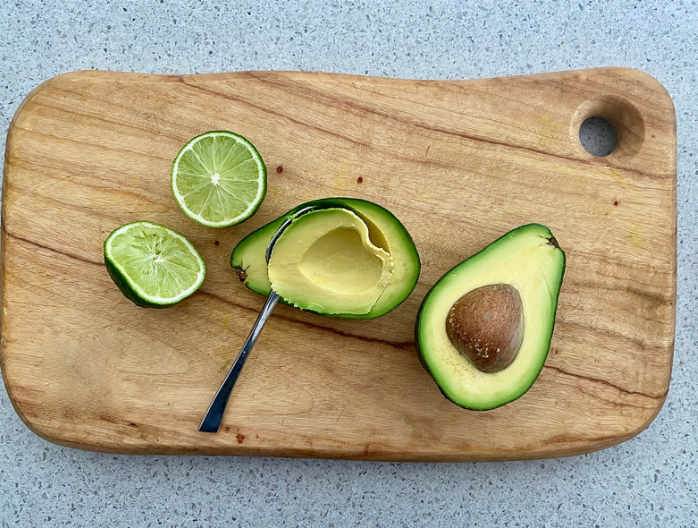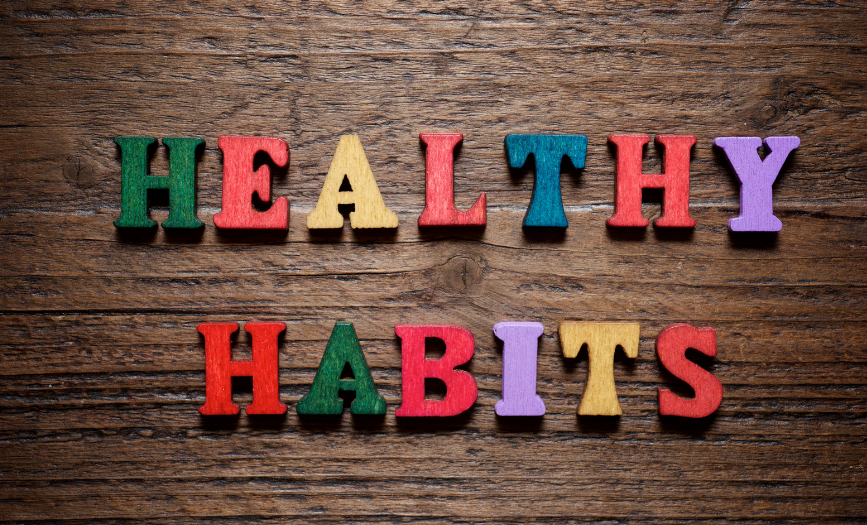The benefits of heating up your cuisine may go beyond just pleasing your taste buds. New research suggests that eating spicy foods could actually be good for your health. Read on for some reasons to turn up the heat at your next meal.
1. Pain Relief
Although more research is needed, some evidence suggests that cayenne pepper could double as a pain-relieving agent. "Cayenne pepper contains capsaicin, a compound found to help relieve pain," explains registered dietitian Lisa Andrews. "Typically used in topical creams, capsaicin reduces Substance P, a chemical that sends pain messages to your brain, so less pain is felt." (She also points out that capsaicin in cayenne may help treat psoriasis by alleviating symptoms of itching and pain, but capsaicin should not be applied to an open cut or wound.)
2. A Longer Life
Spices could add more than just flavor to your life—they may also add years. A 2015 study analyzed the eating habits and longevity of more than 500,000 Chinese people. Participants who consumed spicy foods six or seven times a day—primarily fresh and dried chili peppers—had a 14 percent lower mortality rate than those who ate bland dishes. (Those who ate spicy foods just once a week saw a 10 percent dip in death risk.) Again, capsaicin—the active compound is found in chili peppers—gets the credit.
3. Reduced Cancer Risk
A study conducted by the University of Texas and published in Experimental Biology and Medicine analyzed the impact of 41 common spices on cancer patients. The nutraceuticals in spicy foods were found to slow or halt the growth of tumor cells. Although more research is needed, this suggests that plant-based spices could serve as a healthier, all-natural alternative to pharmaceutical drugs.
4. Weight Loss
That guy who's breaking a sweat eating his extra-hot wings could be onto something. Studies have found that by raising the body's temperature, spicy foods—especially those containing capsaicin, ginger and black pepper—could temporarily boost metabolism by 8 to 10 percent. This not seem like a huge amount, but every little bit helps.
In another study by Purdue University, people who added hot pepper to their foods burned more calories than those who ate non-spicy dishes. And among those who don't regularly eat spicy foods, the added red pepper seemed to suppress their appetites and decrease their desire for fatty, sweet and salty foods.
In addition to revving the body's metabolic engine, spicy foods could also help suppress appetite. A Canadian study found that men who ate an appetizer with hot sauce ended up eating 200 fewer total calories during the main course than those who had non-spicy appetizers. In addition to the capsaicin content, the hot foods could also cause you to eat slower, so you'll register fullness quicker and be less likely to overeat.
5. Clear Sinuses
Ever noticed that your nose starts to run when you're eating something super spicy? Capsaicin-containing peppers, such as cayenne, tabasco and jalapeños, may reduce nasal congestion, sinus pressure and sinus pain. In a University of Cincinnati study, a group of 44 people suffering from non-allergic rhinitis were given either a nose spray containing capsaicin or a placebo. The spray with capsaicin relieved symptoms faster, participants reported.
6. A Healthier Heart
Can you reduce your risk of heart disease by eating chili peppers? Science says yes. In 2011, a study by the American Chemical Society revealed the heart-healthy benefits of chili peppers. The capsaicin and other elements found in spicy foods help to reduce dangerous cholesterol and improve circulation, both of which prevent heart disease.
That doesn't mean you should start binging on chili peppers. The study's author, Zhen-Yu Chen, Ph.D., pointed out that moderation is key. "We concluded that capsaicinoids were beneficial in improving a range of factors related to heart and blood vessel health," said Chen. "But we certainly do not recommend that people start consuming chilies to an excess. A good diet is a matter of balance. Remember, chilies are no substitute for the prescription medications proven to be beneficial. They may be a nice supplement, however, for people who find the hot flavor pleasant."
7. Improved Gastric Health
Ever heard the warning that spicy foods can wreak havoc on the stomach and even cause ulcers? Science disproves that myth. To the contrary, studies have shown that capsaicin helps to prevent and heal ulcers by inhibiting acid production and promoting healthy gastric blood flow.
Are you a spicy foods lover? Have you noticed any benefits from your appetite for heat?













